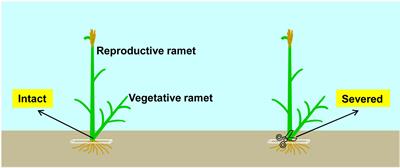EDITORIAL
Published on 22 Aug 2024
Editorial: Clonality in the Anthropocene: adaptation, evolution, and functioning of clonal plants from individuals to ecosystems
doi 10.3389/fpls.2024.1448891
- 341 views
3,957
Total downloads
16k
Total views and downloads
EDITORIAL
Published on 22 Aug 2024
ORIGINAL RESEARCH
Published on 26 Jun 2024
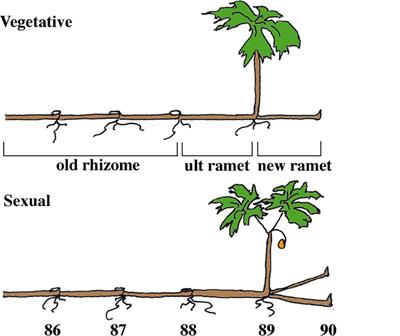
ORIGINAL RESEARCH
Published on 24 May 2024
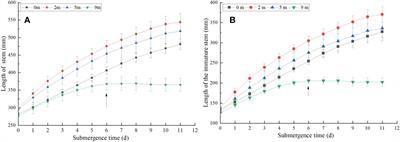
ORIGINAL RESEARCH
Published on 14 May 2024
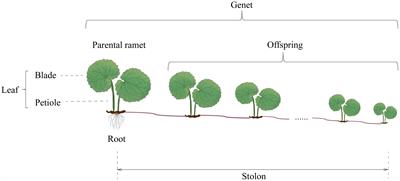
ORIGINAL RESEARCH
Published on 29 Apr 2024
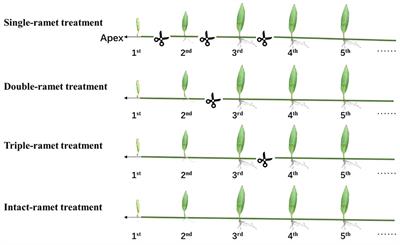
ORIGINAL RESEARCH
Published on 10 Apr 2024
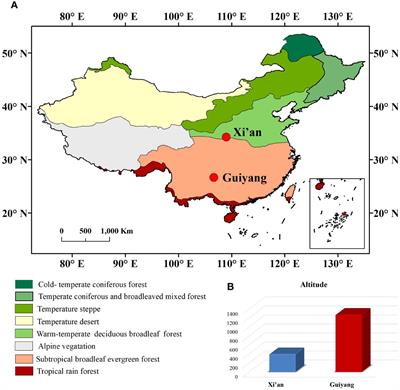
ORIGINAL RESEARCH
Published on 12 Mar 2024
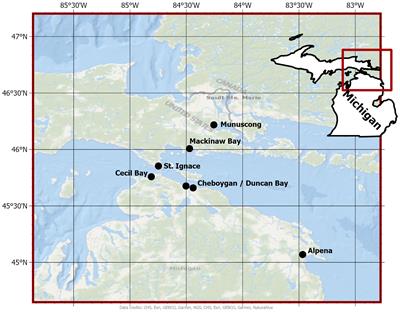
ORIGINAL RESEARCH
Published on 10 Jan 2024

ORIGINAL RESEARCH
Published on 05 Jan 2024

ORIGINAL RESEARCH
Published on 23 Nov 2023
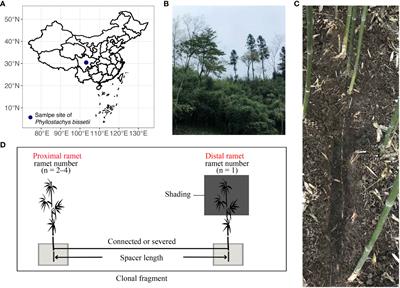
ORIGINAL RESEARCH
Published on 03 Nov 2023
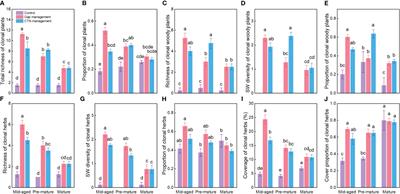
ORIGINAL RESEARCH
Published on 11 Aug 2023
